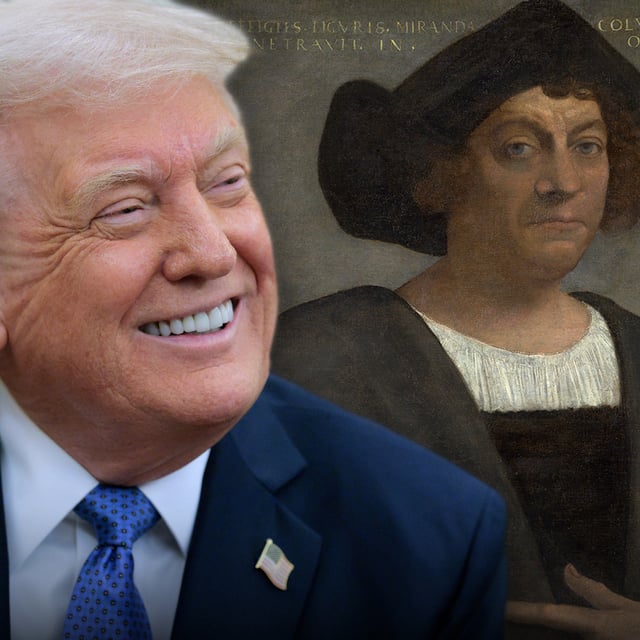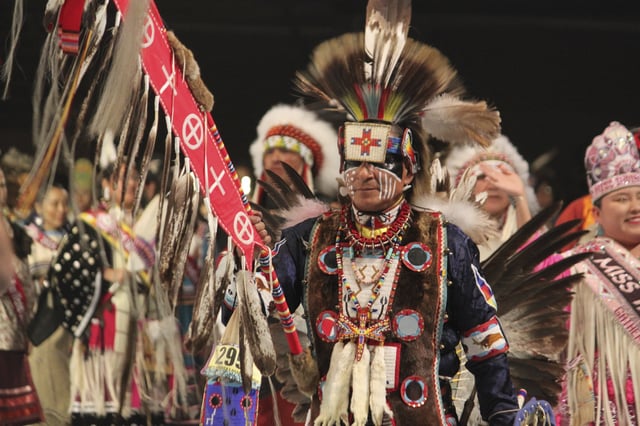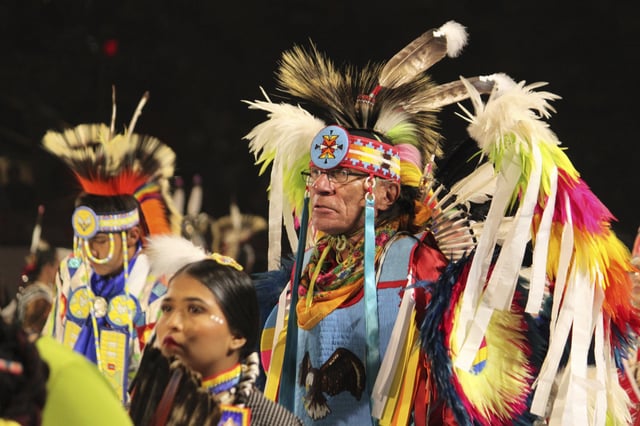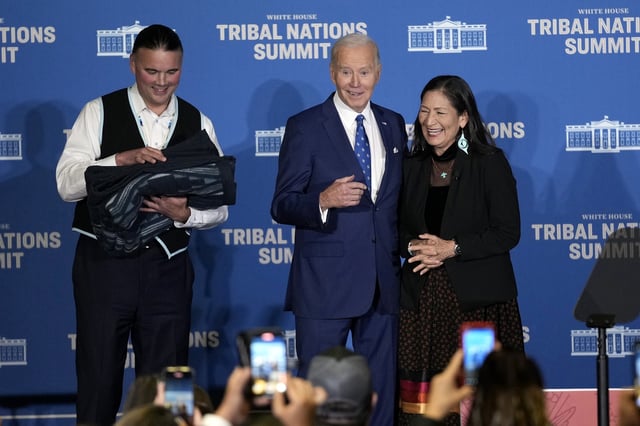Overview
- President Trump announced plans to reinstate Columbus Day under its traditional observance, criticizing Democrats for undermining its legacy.
- He stated that he will not recognize Indigenous Peoples’ Day alongside Columbus Day, breaking from the dual observance initiated by President Biden in 2021.
- Columbus Day has been a federally recognized holiday since 1937, and any changes to its status require congressional approval, not unilateral presidential action.
- Over 200 cities and multiple states now recognize Indigenous Peoples’ Day, reflecting a growing shift in local commemorations away from Columbus Day.
- The debate over the holiday highlights broader cultural and political conflicts over historical narratives and the legacy of figures like Christopher Columbus.



